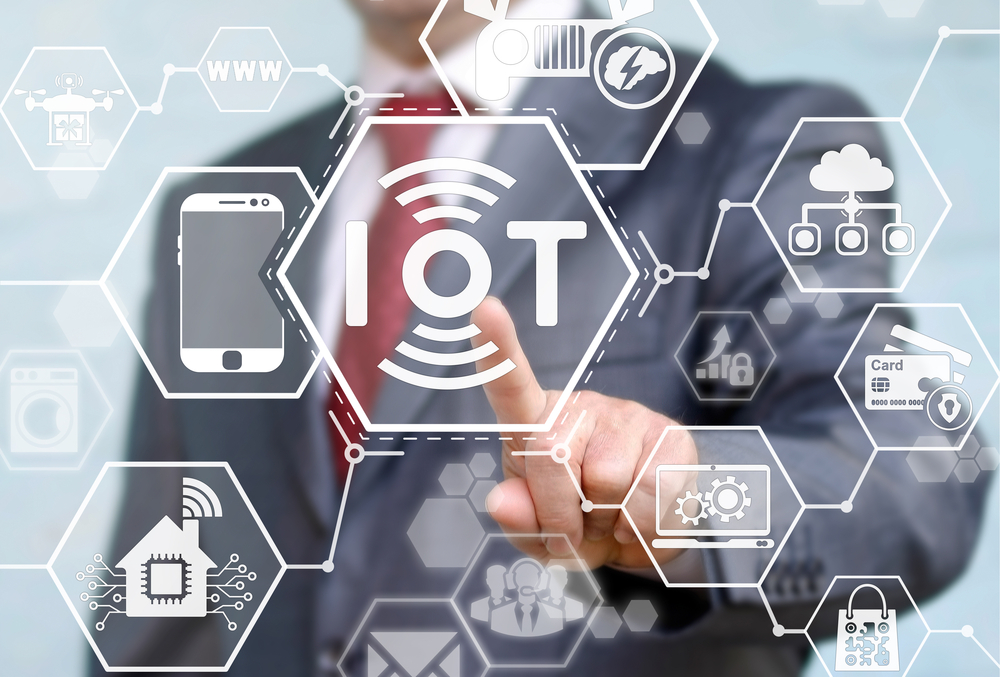In less than five years, Gartner tells us that there will be more than 26 billion different connected devices in our homes, cars and businesses. All designed to make our lives easier and facilitate tasks for us – and that figure doesn’t even include personal computers, tablets and smartphones.
As the Internet of Things (IoT) converges with servitisation, machine to machine learning, 3D printing and cloud adoption, one of the biggest considerations is going to be around service. Whether it’s a kettle or an MRI machine, all of these billions and billions of connected smart devices are going to need servicing. This not only impacts the field service industry, but will also completely redefine it over the longer term along with people’s expectations around service delivery.
As devices and gadgets become connected, service will move from reactive product insight to providing predictive alerts, triggering service technicians with the right skills to be deployed to the right place before a fault takes place with preventative maintenance, or in the event that something occurs.
In this new world of service, if a machine connected to an IoT platform experiences a problem, the platform will analyse the data and determine if the machine needs servicing. Field service management systems would automatically assign the most qualified technician in the vicinity to the machine via their mobile phone or tablet. Once onsite, viewing all the diagnostic and performance information downloaded from the cloud, the technician can quickly restore the machine to full performance.
As more and more devices and products have connectivity built into them at the product design level, IoT will begin generating vast amounts of data about product performance and service needs. Imagine a piece of equipment sending a message to the manufacturer saying it’s overheating and its bearings are wearing thin. This moves the service model from reactive to proactive and predictive, and paves the way for companies to deliver much more reliable outcomes to customers. It also means companies will be able to marry together specific behaviour patterns with service history to trigger preventative maintenance and predictive repairs.
Ultimately we will see a new type of service technician emerging. These next generation of service techs will be very adept at sensor and radio detection technology. As miniaturisation of sensors embedded into devices becomes more integral, it will create much more demand for analytical skills. For example, rather than trouble-shooting an isolated piece of equipment, techs could soon be trouble-shooting entire buildings. And as this proactive service model gains momentum, companies will naturally move to outcome-based service offerings for the growing number of smart, connected devices they provide.
One of the most widely-cited benefits of IoT is the positive impact it will have on convenience and customer experience. In the longer term, this will change the way customers identify with brands, disrupt the way sales are made, and how products are supported and serviced – all of which requires both awareness readiness from vendors.
IoT is still in its infancy and there are still a number of hurdles to overcome in the wider context, such as security, data storage, infrastructure demands, and the knock on effects across a company’s wider IT systems to name but a few. These complexities will be addressed over time, and when IoT goes mainstream it will have far reaching consequences for service and parts manufacturers, and more importantly, catapult the field service industry to the forefront of the business agenda.




